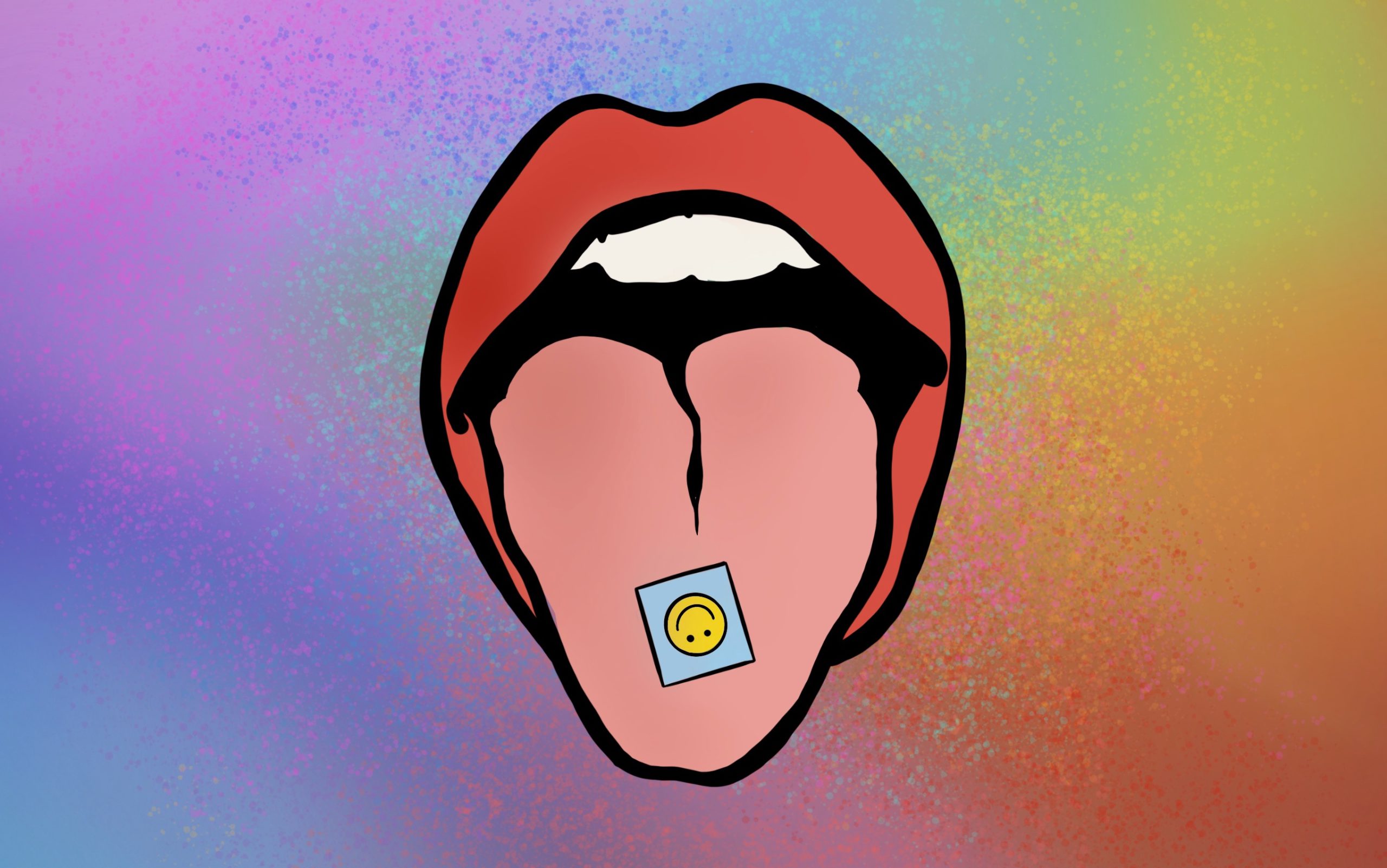LSD, less commonly known as lysergic acid diethylamide, has gained a reputation throughout the years as somewhat of a “hippie drug,” allowing its users to “expand their consciousness” and experience the world through a lens they would otherwise never be able to.
As time has gone on, and the stigma around it has lessened, we have been able to learn more about LSD and psychedelics in general.
“LSD makes you feel really in touch with the world; I’d consider it a spiritual journey. But it can definitely also make you think too much, and just be in your own head,” says Allen Rotger, a fourth-year economics student.
Modern day pundits such as Joe Rogan have emphasized that psychedelics make him “more compassionate, more aware, more vulnerable.” And Steve Jobs, the late founder of Apple, was even quoted as saying that taking LSD was one of the most profound experiences of his life.
And now, science has something to say about the drug as well. A study published this past August set out to discover the effects of taking very small doses of LSD (a phenomena now known as microdosing) in relation to productivity, depression, and other mental health issues. These aspects were investigated after long standing anecdotal reports.
The study gave 27 volunteers a placebo, as well as actual LSD, on separate days while monitoring their brain-derived neuropathic factor (BDNF) blood plasma levels every two hours.
The study found that at a dose of five micrograms of LSD, BDNF increased and peaked after four hours, while 20 micrograms also saw an increase with a peak time of six hours.
What exactly is BDNF, you may ask? Tya Vine, second-year medical student at the Michael G. DeGroote School of Medicine with a BSc in neuroscience, sheds some light on the subject.
“The research was conducted on healthy volunteers, so I think much more research, including potential clinical trials on patients with mental illnesses, would be needed before concluding that microdosing LSD could be considered a form of treatment for mental illnesses.”
“BDNF is a growth factor that is important for brain development and maintenance. BDNF production and release is activity dependent, which means that properly functioning neurons produce more BDNF, which in turn maintains the healthy neuron and its synapses. It is important for both supporting the survival and health of existing neurons, as well as encouraging growth and differentiation of new neurons and synapses,” says Vine.
BDNF also plays key roles in learning, memory functioning, and neuroplasticity — the capacity of our brain to rewire itself. This is fundamental to depression and neurodegenerative disorders like dementia, all of which are tied to a decrease in BDNF levels.
So, with all this research done and anecdotal stories recounted, does LSD really give its users any support when it comes to the busy workday or the distress of mental health issues? The answer is: maybe.
In the aforementioned study, a 10 microgram dose of LSD had no effect on BDNF levels, even though a five and 20 microgram dose did. This shows that our understanding of the way this substance behaves is still far from plain sailing.
In reviewing the study, Vine shared some potential changes that could be taken into account for future research.
“The research mentioned in the article was conducted on healthy volunteers, so I think much more research, including potential clinical trials on patients with mental illnesses, would be needed before concluding that microdosing LSD could be considered a form of treatment for mental illnesses,” says Vine.
The study itself indicates that though results were promising, “new studies performed under modern standards are necessary in order to strengthen our knowledge.”
Positives and negatives aside, it is still important to keep in mind that the unauthorized consumption of LSD and most other psychedelics is still illegal in Canada.
The content in this article is not a substitute for professional medical advice, diagnosis, or treatment; nor is it intended to promote, recommend, or endorse the use of this substance, or any other substances, in any way.




